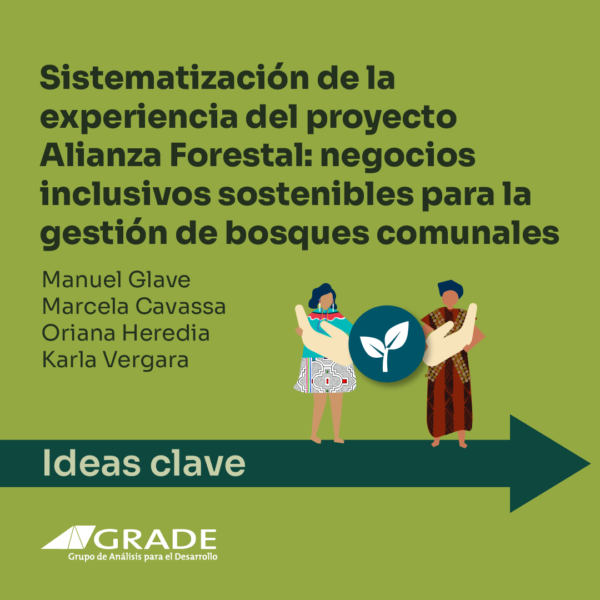Projects
- From Math to Reading: Expanding APPrendemos in Peru’s Public Schools
- AdaptED – Observatory for Educational Adaptation in Latin America and the Caribbean
- Evaluation: Impact of DEG/OeEB investments on its clients, their employees and local communities
- Diagnosis and roadmap for strengthening research capabilities and contribution to the productive sector of the Universidad Nacional Santiago Antúnez de Mayolo







